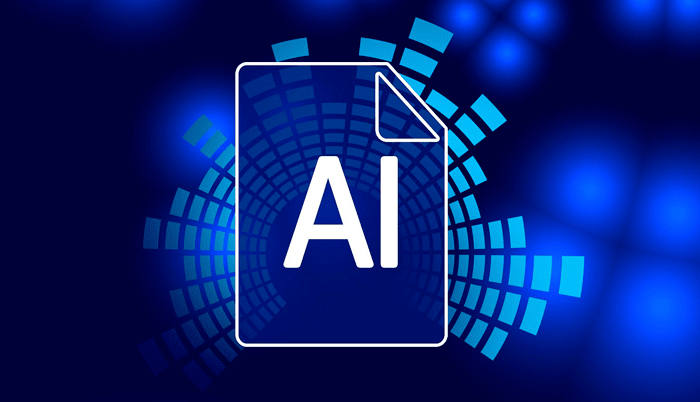It is no secret that artificial Intelligence is transforming the landscape of content writing and marketing today, right? For businesses, there is no problem running blogs, creating social media posts, and ad campaigns at record speed; this is much easier than ever to maintain visibility in a competitive digital environment. Moreover, AI tools can assist with keyword research, campaign planning, and audience analysis; with such help, marketers can easily craft strategies within real-time trends. But while AI accelerates production, it still raises a lot of important questions that we will discuss in this article.
Well, AI is everywhere today. Everyone, from a college student to a business owner, can use its benefits to get their stuff done. Even though AI tools are often considered helpful, in the professional world, you are more likely to be asked to present AI-free content. Thus, college learners often use tools like an AI remover from text that can help them meet originality requirements, or turn to platforms such as AHelp for professional polishing support.
Of course, writers and marketers who use AI as a supportive partner rather than a total replacement can benefit from both speed and authenticity. The future lies in blending technology with human creativity to deliver content that is not only efficient but also trustworthy and engaging.
Table of Contents
Quality vs. Quantity: What to Expect from AI Assistance?
The first question that AI helpers raise is the issue of quality and quantity. In content creation, AI tools have made it possible to publish more content in less time. Instead of spending days on a single article, a team can now generate the needed writing within hours, but this speed brings both advantages and risks. So, what are the strengths of AI-generated quantity?
Well, while the benefits sound fascinating, what are the weaknesses tied to quality?
To conclude this section, everyone who generates different texts should remember that AI content writing tools should be accelerators, not replacements. A human editor is a must for the polished work and brand voice. Without this balance, the chase for more content could undermine trust and credibility.
SEO and Algorithm
Search engine optimization is one of the areas where AI shines brightest. Modern AI tools are taught to analyze massive data sets in order to offer precise suggestions for structuring content that search engines value highly. And another question we can face concerning AI in the business world is the fact that marketers have to learn how to use AI for content marketing without sacrificing quality.
Well, how does AI strengthen SEO?
And, what are the risks of AI-driven SEO?
Finally, it is a great idea to have the best AI writing assistant by your side that can help you produce optimized drafts, but remember that human writers should refine these drafts to keep them natural because SEO works best when automation and creativity meet.
Creativity and Human Touch
While AI excels at speed, creativity remains an area where humans lead. Well, compared to humans, AI still struggles to replicate humor and emotional depth, but these are the most important qualities that make content memorable. Of course, AI can help you handle a large pool of issues:
But don’t forget about the pitfalls that may affect your performance:
Note, when integrated thoughtfully, AI content marketing strategies can enhance creativity rather than stifle it.
Future of Human Writers
Finally, the question about job security is really sharp today. Many specialists think that their services will not be relevant in the future because AI will replace them, but the reality is more nuanced. AI is shifting their responsibilities and creating opportunities for new skill sets.
Looking ahead, writers who adapt will thrive. Those who embrace AI tools in content creation will be able to free themselves from repetitive tasks and focus on higher-value work. For marketers, this means building smarter campaigns that are both efficient and authentic.
Bottom Line
AI is a powerful partner for marketers because it boosts content production, strengthens SEO, and supports creativity, yet human expertise remains essential. The future belongs to those who can blend automation with the irreplaceable human touch intelligently.

